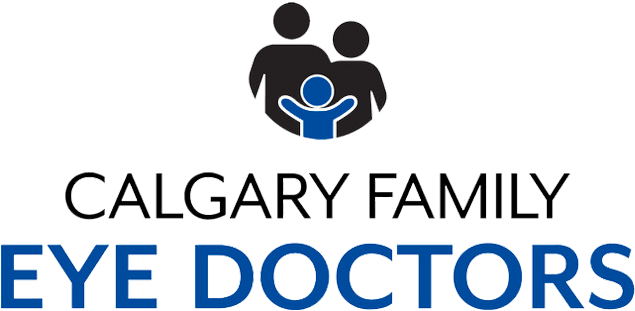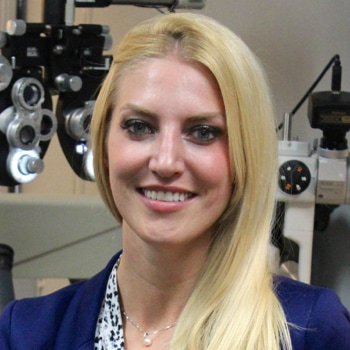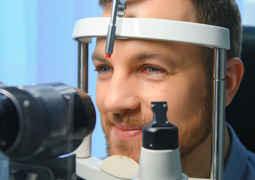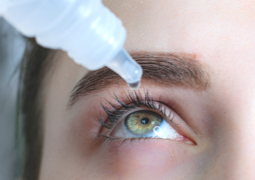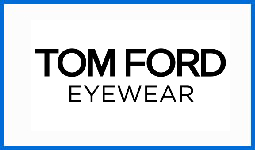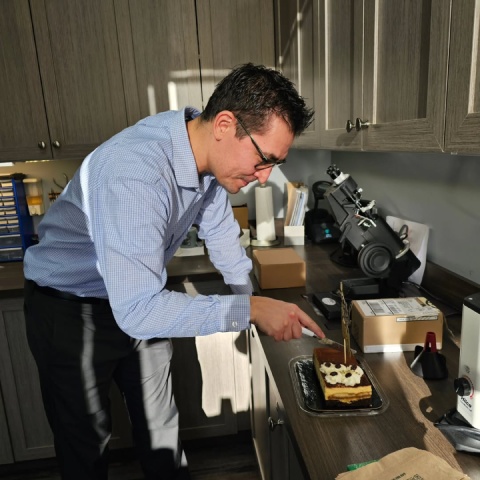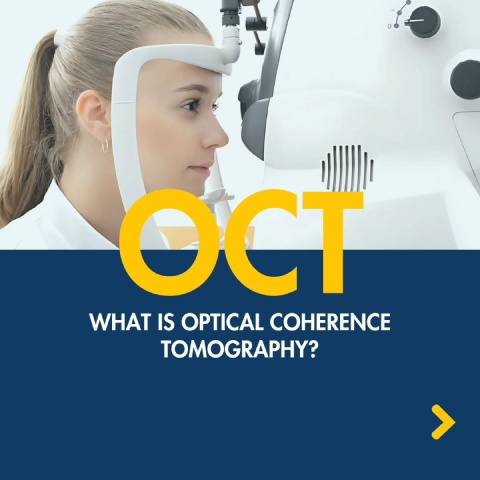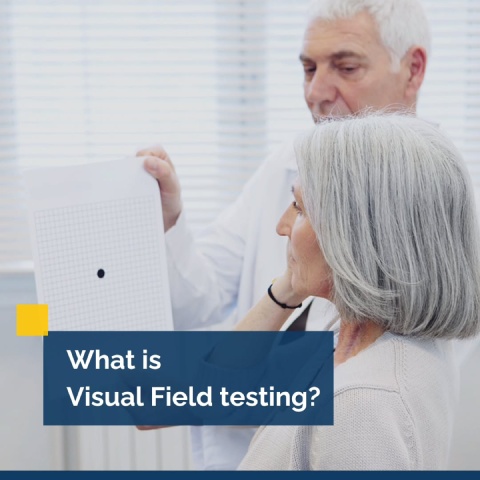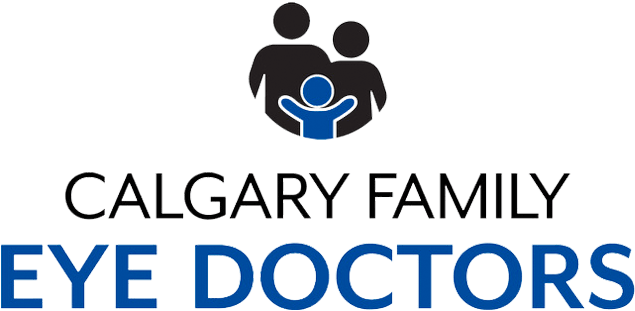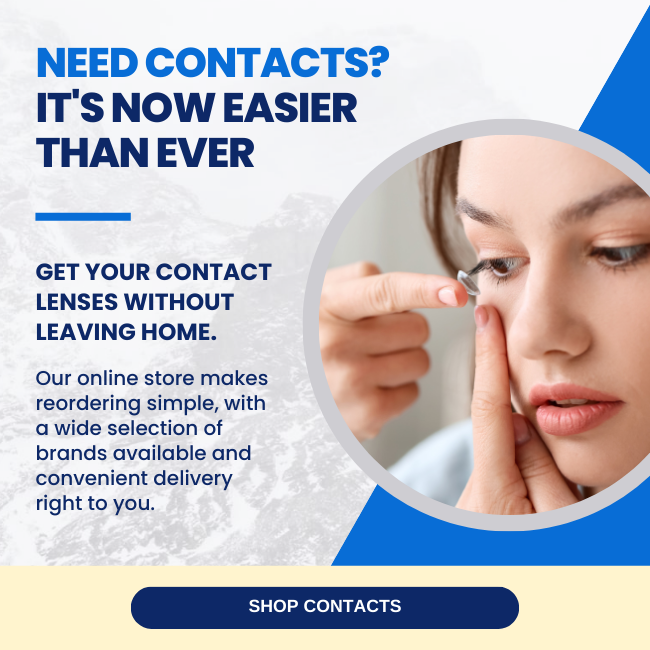Vision stands out as one of our most precious senses, playing a crucial role in how we perceive and engage with our surroundings. It enables us to enjoy the beauty of a landscape, recognize the faces of our loved ones, and navigate through the complexities of our environment.
Despite its importance, many people find themselves uncertain about the signs that indicate a need for corrective lenses. Some common signs include:
- Blurry Vision
- Difficulty Seeing at Night
- Frequent Headaches
- Eye Strain & Fatigue
- Squinting to See Clearly
Understanding what symptoms to look out for can be the first step toward addressing vision problems effectively.
Why Understanding Vision Health is Important
Vision health is an often-overlooked aspect of your general health. Clear vision is essential for performing everyday tasks, from reading and driving to working on a computer and enjoying hobbies.
Ignoring vision problems can lead to more severe issues down the line, making it essential to be aware of the signs that you might need glasses.
Common Signs You Might Need Glasses
Blurry Vision
Blurry vision can be one of the most obvious indicators that you may need glasses. If you find it challenging to see objects clearly, whether near or far, it’s time to consider an eye exam.
Difficulty Seeing at Night
Struggling to see in low-light conditions or experiencing increased glare from headlights while driving at night could indicate that you need glasses. This condition, known as night blindness, can be a symptom of several vision problems.
Frequent Headaches
Frequent headaches, especially after prolonged periods of reading or staring at a screen, could be a sign of eye strain. When your eyes are overworked, they can cause discomfort that manifests as headaches.
Eye Strain & Fatigue
If you frequently experience eye strain or fatigue, especially after focusing on a task for an extended period, it might be time to get glasses. This could be a sign that your eyes are working too hard to see clearly.
Squinting to See Clearly
Squinting is a common reaction to blurred vision. If you find yourself squinting often to see better, this could indicate that you need corrective lenses.
Types of Vision Problems Needing Glasses
Nearsightedness (Myopia)
Nearsightedness is when you can see objects close to you clearly, but objects farther away appear blurry. This condition is common and can be easily corrected with glasses.
Farsightedness (Hyperopia)
Farsightedness is the opposite of myopia. If you can see distant objects clearly but struggle with close-up tasks like reading, you might have hyperopia. If the hyperopia is high enough, it can also affect your distance clarity.
Astigmatism
Astigmatism occurs when your cornea is irregularly shaped, causing blurred vision at all distances. Glasses can help correct this distortion and provide clearer vision.
Presbyopia
Presbyopia is an age-related condition that affects your ability to see things up close. It usually becomes noticeable in your 40s or 50s and can be corrected with reading glasses or multifocal lenses.

When to Schedule an Eye Exam
Recommended Frequency of Eye Exams
For adults who do not wear contacts, it’s generally recommended to have an eye exam every 2 years. If you experience any changes in your vision or symptoms like those mentioned above, you should schedule an appointment sooner. At Calgary Family Eye Doctors we recommend yearly eye exams for all ages since most eye diseases do not have symptoms until they have caused significant damage.
What to Expect During an Eye Exam
During an eye exam, an optometrist will conduct various tests to check your vision and eye health. These tests can include reading charts, measuring your eye pressure, and examining the internal structures of your eyes.
The Role of Genetics and Age
How Family History Affects Vision
If you have a family history of vision problems, you might be more likely to experience similar issues. Knowing your family’s eye health history can help you be more proactive about your own vision care.
Age-Related Vision Changes
As you age, your vision naturally changes. Conditions like presbyopia become more common, and regular eye exams become even more critical to ensure early detection and correction.
Lifestyle Factors Impacting Vision
Screen Time & Digital Eye Strain
With the increasing use of digital devices, digital eye strain has become a significant concern. Taking regular breaks and using the 20-20-20 rule (every 20 minutes, look at something 20 feet away for 20 seconds) can help reduce strain.
Nutrition & Eye Health
A balanced diet rich in vitamins and minerals like vitamins A, C, E, and omega-3 fatty acids can support eye health. Foods like carrots, spinach, and fish are particularly beneficial.
Preventative Measures for Good Vision
Tips for Reducing Eye Strain
- Take frequent breaks from staring at screens.
- Ensure your workspace is well-lit.
- Adjust the brightness of your screens to reduce glare.
Protective Eyewear and UV Protection
Wearing sunglasses that offer full UV 400 protection can protect your eyes from the sun’s harmful effects. Additionally, consider protective eyewear for activities that pose a risk to your eyes.
The Importance of Regular Eye Check-ups
Regular eye check-ups are essential for maintaining good vision and catching any potential problems early. They ensure that your prescription is up-to-date and that your eyes are healthy.
Seeking Professional Advice
If you suspect you might need glasses or if it’s been a while since your last eye exam, don’t hesitate to seek professional advice. Our team at Calgary Family Eye Doctors is here to help you with comprehensive eye exams and personalized care.Book your appointment today and take the first step towards clearer vision and healthier eyes!
